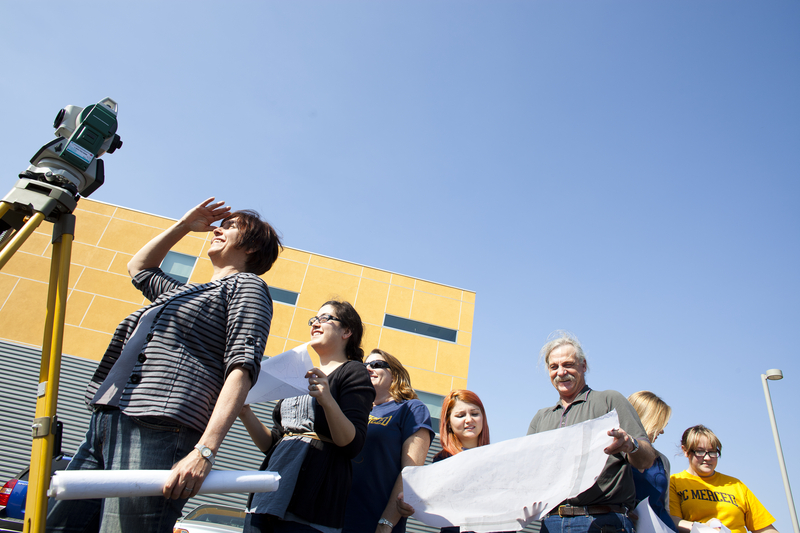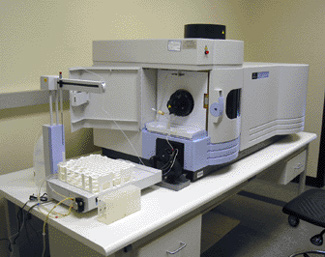An important function of the Sierra Nevada Research Institute at UC Merced is to successfully incubate new campus programs through the support of the SNRI administrative team, leadership and faculty. These programs are now either stand-alone or are nested within other schools or departments of UC Merced. The program titles below will link you to the new websites and information for each area.
The UC Merced Natural Reserve System
Faculty Director - Jessica Blois
UC Merced NRS program
Office: 209-228-2256
Location: SRE 296
Associate Director, UCM NRS - VACANT
The NRS Yosemite and Sequoia Field Stations
The UC Merced NRS Program operates two field stations in Yosemite and Sequoia-Kings Canyon National Parks in partnership with Yosemite National Park, Sequoia-Kings Canyon National Parks, and the U.S. Geological Survey. The stations offer unparalleled access and support for research and teaching in the parks and surrounding areas. We are dedicated to facilitating collaboration between sciences, arts and the humanities, education, and natural resource management. The Yosemite Field Station and UC Merced's Vernal Pool Grassland Reserve are two of the 39 reserves in the UC Natural Reserve System.
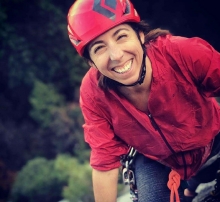
Director: Breezy Jackson
Office: 209-375-9917
Cell: 209-628-5758
Location: Wawona, CA

UC Merced Vernal Pools and Grassland Reserve
UC Merced was established to provide world-class education to everyone and especially those in the San Joaquin Valley. In furthering that mission, campus leaders and faculty will use 6,500 protected acres adjacent to the university to conduct research and to offer education that will benefit the university and the Central Valley, as well as national and global communities. UC Merced will manage the Reserve ecosystem to protect the rare and endangered organisms and to allow university students and faculty to investigate ecological research questions that have relevance at local, national and global scales.
The campus faculty, Merced community, and state environmental leaders agreed with founding campus leaders that the Reserve lands should be conserved forever, protecting their unique ecosystems and maintaining the pastoral grazing lands northeast of the campus.
The Reserve lands are also environmental mitigation lands and are subject to federal and state permit conditions and regulations. In addition, environmental easements serve to protect the lands in perpetuity from damage or development.
We also plan to involve the community as well as primary and secondary schools so that they can learn alongside of researchers and students, getting up-close views and gaining first-hand experience with the fascinating springtime pools, their fragile flora and endangered fauna, and exploring the unique soils found in this region.
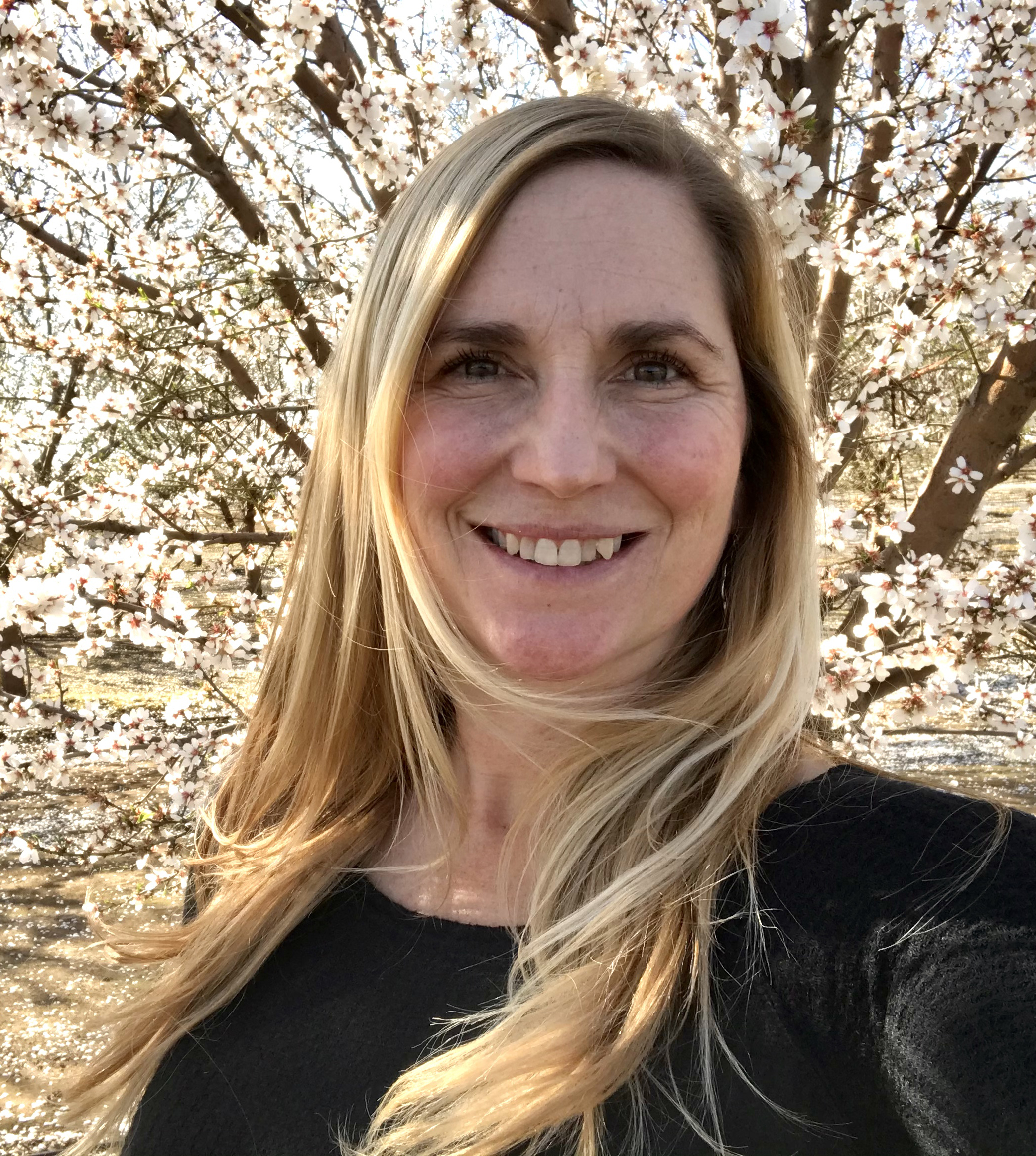
Director: Joy Baccei
Phone: (209) 291-6897 (cell)
Fax: (209) 228-4158
Location: Academic Office Building #125 (Academic Annex)
The Spatial Analysis and Research Center
SpARC is the hub for spatial science research, analysis, education, visualization, spatial data archiving, and access to spatial science software and equipment for UC Merced and its partners. SpARC leads faculty and community partner grants for research and other activities with a spatial aspect and collaborates on ongoing projects. SpARC supports expanded undergraduate curriculum in geography and spatial sciences. The Spatial Analysis & Research center is located in the Social Sciences and Humanities Building (SSM) on the second-floor room 209. If you need laboratory resources this semester, please contact:
Center for Sierra Nevada Water Information Systems - temporarily offline
The Center for Sierra Nevada Water Information Systems provides tools for researchers and also State and Federal officials and employees. These tools allow users to explore remote sensing imagery and other data to make decisions and answer questions.
A tool in development and available now allows users to view snow and cloud cover in the Sierra Nevada. The images were captured by the MODIS satellite. Sets of images are displayed by month. Multiple months be viewed simultaneously by selecting a range of dates. Users may also view several individual watershed basins with a higher resolution background which may help to identify snow locations more accurately. A link will be provided to access original MODIS image files.
The National Parks Institute (NPI) - updates pending
The National Parks Institute (NPI) is the culmination of ten years of dialogue and collaboration between Yosemite National Park, UC Merced, and, more recently, the National Park Service national office. The vision for NPI is to have a sustained academic-agency partnership with a physical center on the UC Merced Campus. The multidisciplinary institute will be devoted to addressing and providing innovative solutions to the challenges that face domestic and international national park and protected area management.
NPI was incubated in UC Merced's Sierra Nevada Research Institute and actively serves as the umbrella for three vibrant programs:
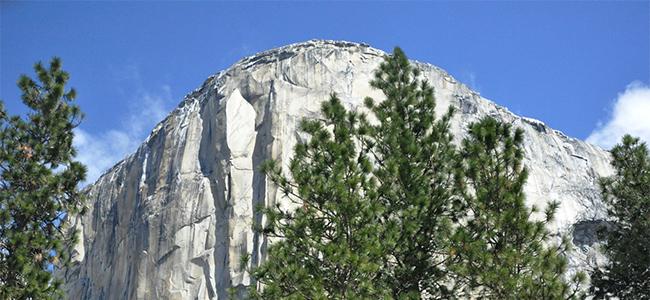
The National Parks Institute Yosemite Leadership Program
The Yosemite Leadership Program (YLP) strives to be the premier student environmental leadership program in the nation. The YLP will foster synergy among government, business, and academia to develop tomorrow’s thoughtful, ethical, and innovative leaders. YLP is leadership development that educates and inspires environmental advocacy and social change through skilled, ethical, innovative and intentional action while respecting cultural heritage and community.

The National Parks Institute Wilderness Education Center
The Wilderness Education Center (WEC) brings park resources and education into the campus and greater Merced communities. This NPS-run, student-staffed, on-campus Wilderness Education Center provides awareness about natural and cultural resources as well as recreational and professional opportunities to students, faculty, staff and community members in and around UC Merced. Built on a place-based model, WEC meets people where they are and helps build relevancy in their communities.
The center was built on the idea that we can either be anticipatory as we address the challenges of the next century or be reactive as issues impact parks and wild places. We have chosen to anticipate challenges by educating park visitors before they arrive in public lands and by positively affecting the knowledge and experience of the nation's future leaders. The center accomplishes this by both developing and leading trips to parks and wild places as well as by bringing park education, speakers and events to the main campus.
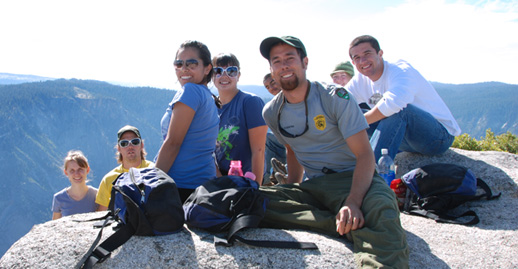
The Environmental Analytical Lab (EAL)
The Environmental Analytical Laboratory (EAL) is a centralized facility. It provides analyses of a wide variety of environmental materials -- including water, soil and biological samples -- for major and trace elements, selected chemical species and nutrients and organic compounds. The facility is open for use by University of California academic researchers, other educational institutions, government agencies and research-based businesses on a recharge basis. It provides services not readily available from outside sources to promote research and community development. The facility supports comprehensive user training, self-operation instrument use, sample drop-off service, new project and grant proposal assistance and technical consultation.
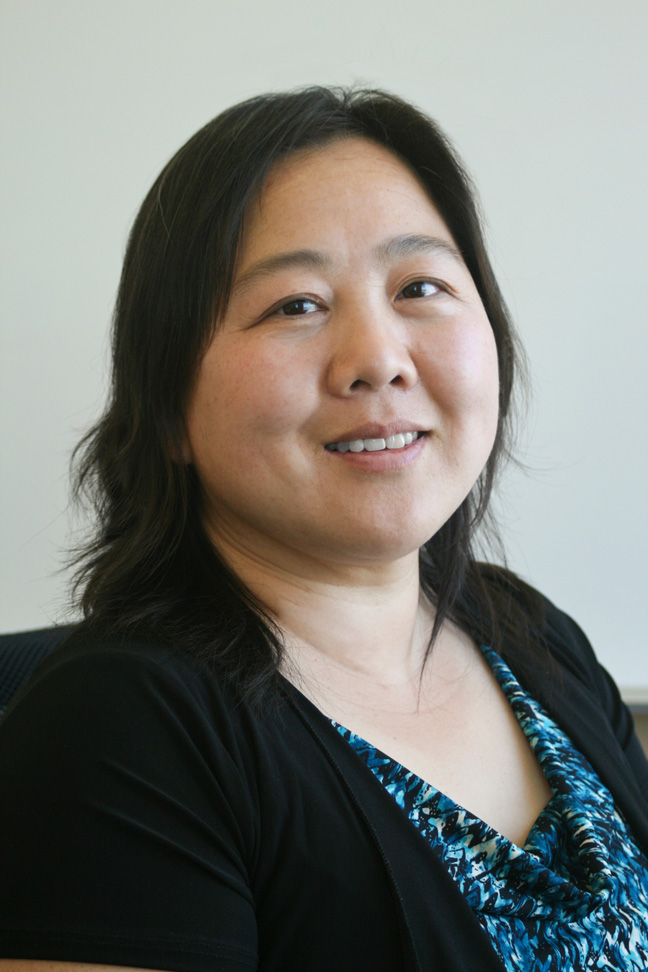
Director: Liying Zhao
Phone: (209) 233-1728
Lab: Science & Engineering Building 1, Room 201
Center for Climate Communication
Climate Feedback is a worldwide network of scientists who collectively assess the credibility of influential climate change media coverage. Their mission is to help Internet users - from the general public to influential decision-makers - distinguish inaccurate climate change narratives from scientifically sound and trustworthy information in the media. They also provide feedback to editors about the credibility of information published in their outlets.




